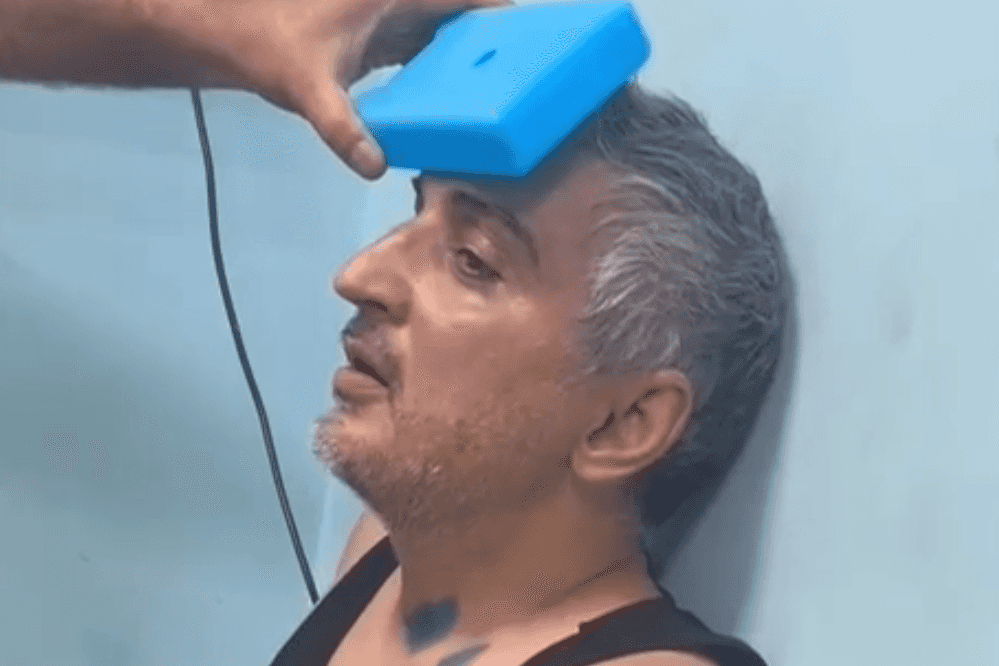
The Muftiate of Daghestan, the traditional Islamic religious authority of the region, has condemned the practice of female genital mutilation as contrary to the laws of Islam.
Zaynulla Atayev, the head of the Muftiate’s fatwa department, told independent outlet ROMB that Islam categorically prohibits any excision of vital organs without a competent medical opinion.
According to him, the Muftiate will adopt a fatwa banning female genital mutilation (known as FGM) ‘in the near future, or maybe in the coming days’. A Fatwa is a religious ruling in Islam by an authority figure.
Saida Sirazhudinova, the head of local non-profit group Caucasus World Development, reported that around 1,240 girls under three are subjected to the practice in Daghestan every year.
A 2016 report by the Stichting Justice Initiative, which litigates human rights cases from the Caucasus in local and international courts, also confirmed that the practice was still carried out in ‘certain regions of Daghestan’.
The report also details how FGM is detrimental to the health and legal status of women.
Svetlana Anokhina, editor-in-chief of Daptar, a local online women’s journal, has been working on the issue for the past 6 years. Anokhina told OC Media that the possible prohibitive fatwa raised great hopes that the practice, which has existed in the Caucasus since pre-Islamic times, could be eradicated.
According to her, imams who received a modern Muslim education abroad, with the assistance of local authorities, had already convinced the populations of two high-mountainous villages to abandon the practice.
‘This authoritative opinion being expressed provides a stable platform for people who want to say no to this practice’, Anokhina said.
OC Media has reached the Muftiate of Daghestan for comment.
Female genital mutilation in Daghestan
In 1998, the UN recognised all types of FGM as a form of violence against women and girls and a violation of human rights.
According to the report from the Stichting Justice Initiative, in Daghestan, depending on the region, girls under three and sometimes up to twelve undergo three of the four main types of FGM. These include incision and bleeding and the removal of the clitoris and labia minora.
The report indicates that this is usually done by people without medical training, with a knife, scissors, or a razor and in unsanitary conditions, often without anaesthesia.
Atayev told ROMB that the Muftiate was against such operations. ‘If these “specialists” that argue in favour of it from a religious point of view came to us we would completely forbid them from doing it,’ he said.
According to the UK National Health Service, FGM has both negative physical — genitourinary infections, infertility, complications during childbirth — and psychological — depression, anxiety, post-traumatic stress disorder, nightmares and sleep problems – consequences.
Yulia Antonova, a lawyer from the Stichting Justice Initiative, told OC Media that it was necessary to explain to people the harm this procedure caused in a language understandable to them. According to her, the opinion of the Muftiate is very important in this case because ordinary members of the public, ‘including those who now support and reproduce this practice’, listen to it.
However, some religious leaders in the North Caucasus have openly advocated for FGM and even claim it has benefits for women.
Magomed Kurbandibirov, deputy imam of the central Juma mosque of Makhachkala, compared the cutting off ‘half’ of a woman’s ‘extra flesh’ with a necessary, albeit bitter, medicine.
Mufti of Karachay-Cherkessia Ismail Berdiyev argued in 2016 that the procedure is a ‘purely Daghestan custom’, which was needed in order to ‘calm down a women’s agility’.
The first criminal case in Russia
Besides Daghestan, FGM is also sometimes carried out in Ingushetia and some other regions of the North Caucasus. This is sometimes done in clinics at the request of a girl’s parents.
In June 2019, the first criminal case over FGM was launched in Russia after a 9-year-old girl in Magas, the capital of Ingushetia, was subjected to female genital mutilation at the request of her father.
However, a year later, neither the management of the clinic that carried out the procedure nor the girl’s father nor stepmother have not been prosecuted.
Correspondence between the parents and the clinic in Magas where the procedure was carried out indicated that the price was ₽2,000 ($30).
Despite the Russian Ministry of Health recognising FGM as a crime against a woman’s personal health and integrity, before that incident in Magas, not a single criminal case had been launched over the practice.
In 2016, a bill that would have made FGM a separate crime was introduced to the Russian Parliament, however, it was never adopted.







